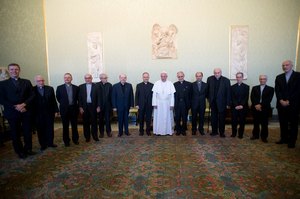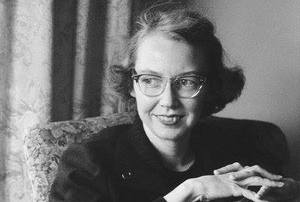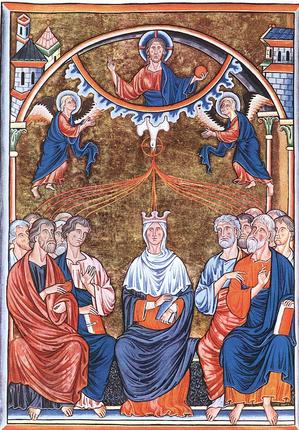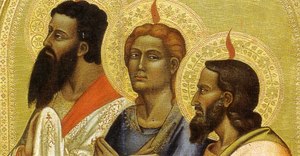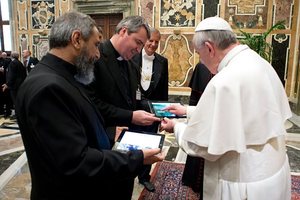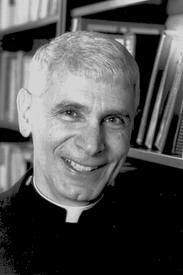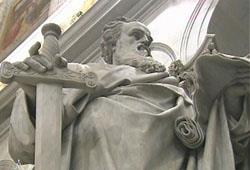In the years since Blessed John Paul introduced his desire to have new work on knowing, living, and sharing the truth of the Catholic Faith, there's been a lot of good energy for the new evangelization. You can think of the Tear of Faith, the encyclicals of the recent popes, and most crucial has been Benedict XVI's establishment of a Vatican office to spearhead evangelization efforts.
Getting to the heart of what the new evangelization means, how it's supposed to "look" and why it needs our attention is slowing being revealed. I have to say that too many use the word evangelization without precision and without real content and experience. Nevertheless, since John Paul and Benedict, now with Pope Francis we have a new awareness of evangelization's aim: and affection for Christ and to offer a reasonable proposal for faith in a comprehensive way.
I happen to think the Holy Spirit is working diligently and effectively in having us slowly develop the needed resources with regard to persons and materials. Rushing into such work would not be reasonable since it does take time to do the hard work in truly knowing the need in a time of limited resources. The immediate past Pontiff set the Church's face on this renewed manner of living focusing us on the personal relationship with the Lord,, bridging the gap between faith and reason, and by asking us to intimately know Scripture, the Liturgy and the Magisterium (I don't want to call the new evangelization a 'project' because it is about our heart and mind).
A Cambridge, Massachusetts group of faithful Catholics have responded to Church's call for a "New Apologetics," a new way of proposing Jesus Christ as the Way, the Truth and the Life.
"New Apologetics" is a contemporary way of engaging the questions which need to be addressed; those tough issues are often inadequately answered, or worse, dismissed as unimportant. This is a serious, beautiful adventure.
The New Apologetics is group qualified persons working to share the beauty of the truth of the Church today, in the language of today.
The New Apologetics website is www.NewApologetics.com
May Saint Thérèse of Lisieux guide this new work.
